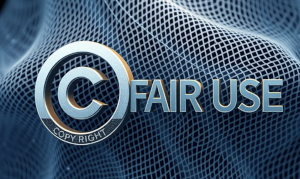-
chevron_right
Pirate IPTV Arrests in Sweden Should Include Users, Rightsholders Tell Govt.
news.movim.eu / TorrentFreak · Monday, 9 September, 2024 - 11:08 · 5 minutes
 Formerly known as Svenska Antipiratbyrån (Swedish Anti-Piracy Agency), in one form or another, Rights Alliance has been on the front lines of Sweden’s war against piracy for almost 25 years.
Formerly known as Svenska Antipiratbyrån (Swedish Anti-Piracy Agency), in one form or another, Rights Alliance has been on the front lines of Sweden’s war against piracy for almost 25 years.
Most famously, the formation of Antipiratbyrån around 2001 triggered the formation of Piratbyrån (Piracy Agency), the pro-piracy activist group behind the launch of The Pirate Bay.
Antipiratbyrån dissolved then reemerged as Rättighetsalliansen (Rights Alliance) in 2011 and today, 13 years after its rebranding and 23 years since its inception, the anti-piracy group has a new nemesis and perhaps the greatest challenge it has ever faced.
The New Nemesis: Pirate IPTV
More complex and difficult to counter than The Pirate Bay, pirate IPTV services are causing headaches everywhere, not just in Sweden. Rights Alliance, which represents local and international film and TV companies, including the studios of the MPA, has several successful IPTV prosecutions to its name and late last week, reported that another is underway.
“A man from Malmö is now being prosecuted for running the illegal IPTV service Ghostfarmer,” Rights Alliance informed us via email Friday.
“The case was initiated after a notification from the Rights Alliance in 2023. Both TV channels and a large selection of films and series were made available on the service.”
After building a case against suspects, Rights Alliance shares whatever it has learned with police, hoping to prompt a criminal investigation and the arrest of any suspects. Success in a state prosecution opens up the possibility of a prison sentence for the offender. Considered a valuable deterrent, a criminal conviction often includes damages, which can return at least some of the alleged losses.
Confidence in Ghost Farmer Prosecution
In the Ghost Farmer prosecution, the suspect is accused of administering a website and an IPTV panel, providing customer support (presumably on Telegram where a channel still exists today), and transferring money to his own account and crypto exchanges.
“The police investigation shows that there is a lot of evidence against the man, both of a financial and digital nature. There have been raids on the man’s home and the police have also carried out remote searches, including the Telegram chat application. The fact that the police are now allowed to carry out remote searches is a good and long-awaited tool, which was made possible by a relatively recent change in the law,” the anti-piracy group explains.
A Tiny Drop in a Huge Ocean
Rights Alliance says that the suspect has confessed, but whether that means a custodial sentence and/or an award for damages will depend on the circumstances. From the description, it seems likely that the suspect was reselling subscriptions, not running a video platform of his own. Rights Alliance says the service was marketed via email and from the ‘marketing’ we’ve seen independently, also by posting on sites like Reddit.
“[I]t can be suspected that the man ran more illegal services,” Rights Alliance adds.
While to us this seems to confirm that the man was indeed reselling subscriptions, the terminology is a little ambiguous. In general, determining the importance of those prosecuted to the overall ecosystem isn’t always straightforward, which can make overall progress difficult to gauge.
As far as alleged subscription sales to the public are concerned, some of those convicted in Sweden had thousands of customers, a significant amount in financial terms. However, since only those at the top of the supply chain are critical to the survival of a pirate service, the removal of a reseller won’t affect overall content availability.
Letters to Government
Actions that have a real effect on IPTV supply are rare and this isn’t just a problem for Sweden. Those who subscribe to these services may view this as a positive but for major rightsholders, doing nothing is rarely an option. That may explain why rightsholders in Sweden appear to be considering controversial measures targeting the other end of the supply chain.
Rights Alliance highlights a letter ( 1 ) sent to Minister for Justice Gunnar Strömmer by Social Democratic politician Lars Mejern Larsson, asking what the government intends to do to about rising consumption of pirated content.
Records held at the Riksdag (parliament) reveal that Larsson sent the same letter to Minister of Culture Parisa Liljestrand ( 2 ) and Minister of Finance Elisabeth Svantesson ( 3 ) . Larsson speaks about the negative effects on the film industry and points out that criminals are also stealing from the government.
“Piracy of film and television content damages the rights holder financially and thus affects the possibility of – and the desire for – new production. It is a major threat to a viable Swedish film industry,” the letter notes.
“The Swedish Tax Agency has also said that Sweden stands out with the highest percentage of the population that buys illegal television, and this is estimated at around 600,000 people. The market has a turnover of SEK 550,000,000 [~US$53.1m].”
Targeting Pirate IPTV Subscribers
The main message in Larsson’s letter ends with the suggestion that while criminals make off without paying taxes, ultimately the finger of blame can be pointed at those who give them money.
“Somewhat harshly, anyone who downloads films illegally contributes to organized economic crime,” Larsson notes.
In his response, Minister of Justice Gunnar Strömmer says that the government is aware of the effects on rightsholders and society in general. He notes that a change to the law in 2020 enabling stiffer sentences and greater damages awards has already produced results and more prosecutions are in the pipeline.
Strömmer says that an investigation by the tax authorities will lead to criminal charges in the majority of cases. When combined with the government’s “extensive measures” to target combat organized crime generally, the above should have an effect on the illegal provision and consumption of pirated content.
These measures should be given time to exert the necessary pressure before taking direct action against those who consume content from illicit sources. For Rights Alliance, more needs to be done, sooner rather than later. But it’s not difficult to see where this could end up if all else fails.
From: TF , for the latest news on copyright battles, piracy and more.

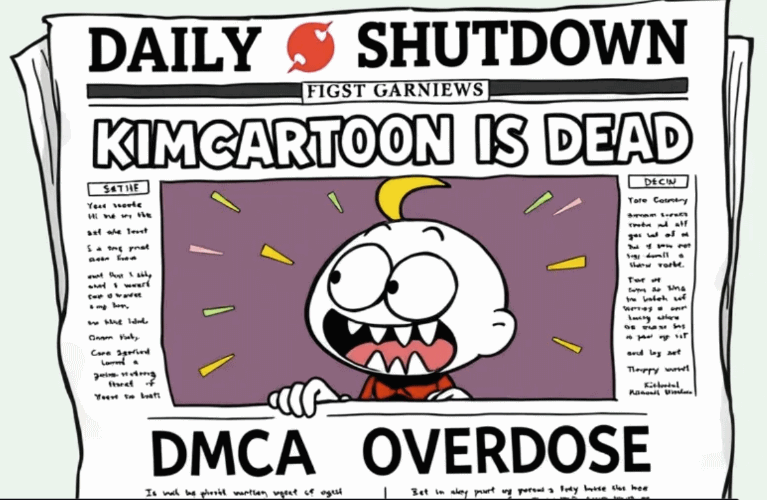


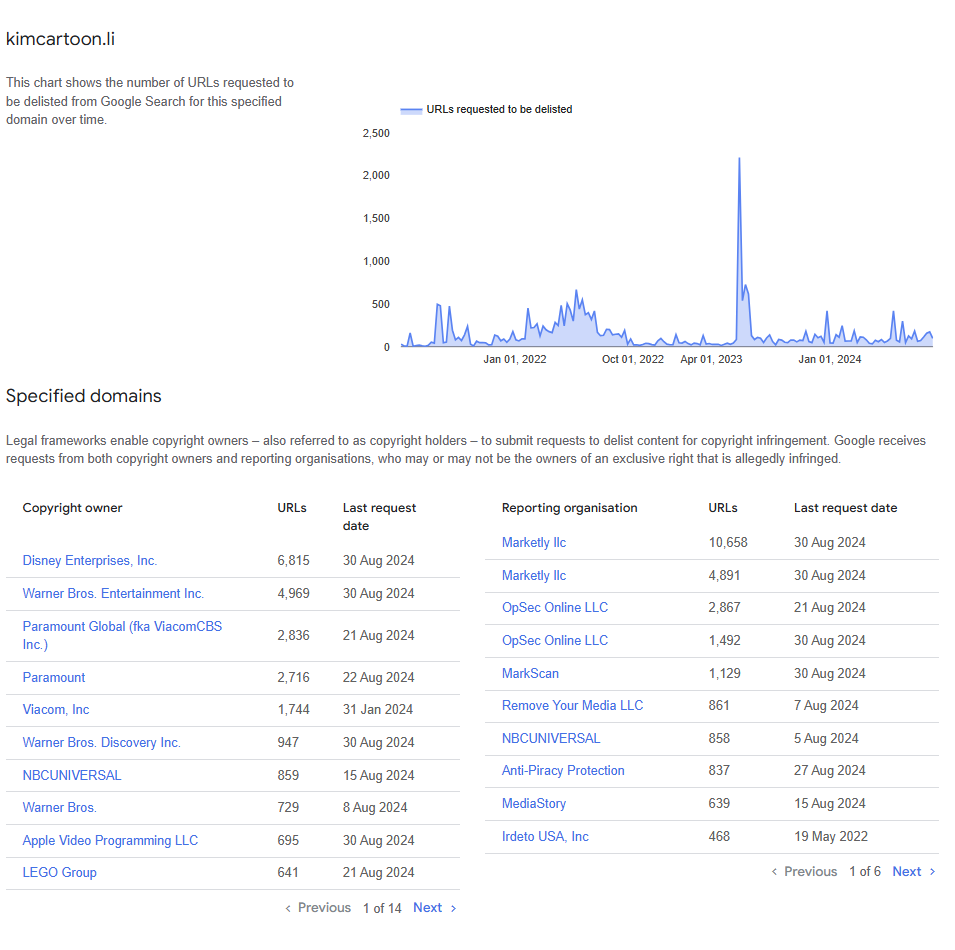
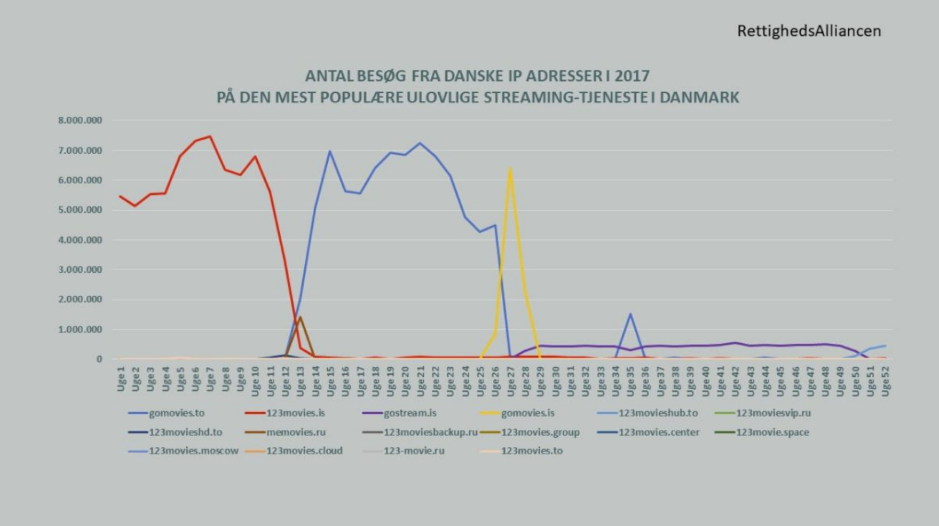
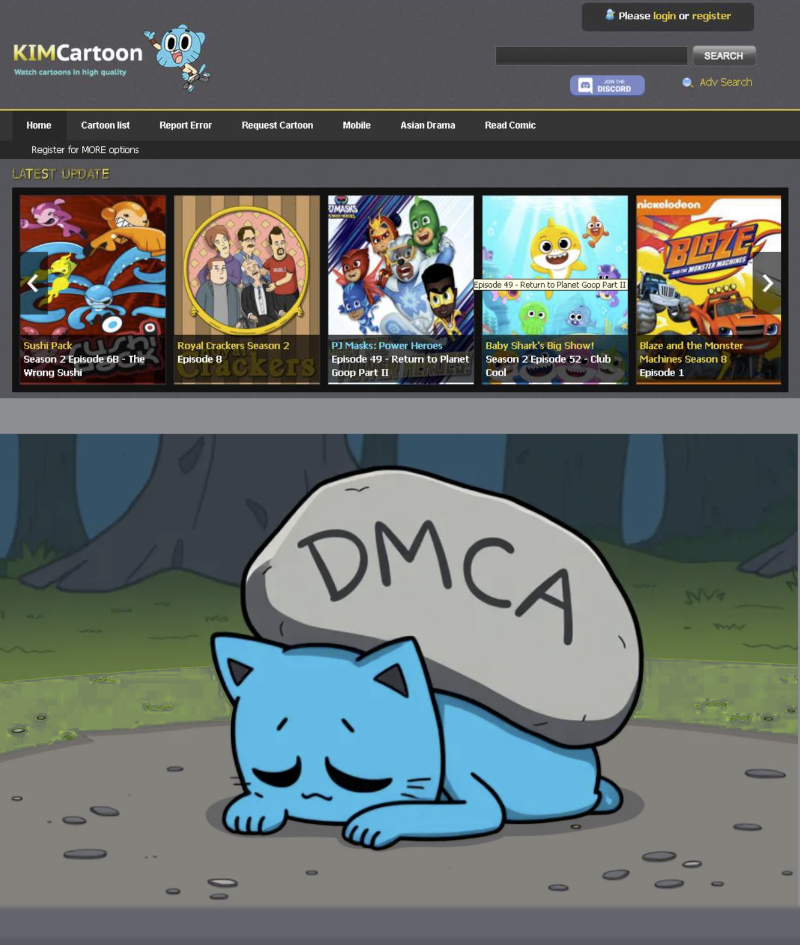
 The web is riddled with copyright infringing content, ranging from full-length blockbuster films, through small music samples, to reposted celebrity photos on social media.
The web is riddled with copyright infringing content, ranging from full-length blockbuster films, through small music samples, to reposted celebrity photos on social media.


 In 2020, publishers Hachette, HarperCollins, John Wiley and Penguin Random House sued the Internet Archive (IA) for copyright infringement, equating its ‘Open Library’ to a pirate site.
In 2020, publishers Hachette, HarperCollins, John Wiley and Penguin Random House sued the Internet Archive (IA) for copyright infringement, equating its ‘Open Library’ to a pirate site.

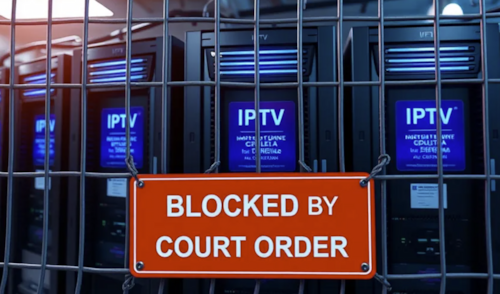
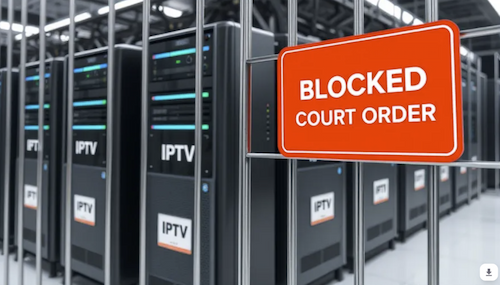


 For a torrent site, TorrentGalaxy is still a relative newcomer. The site is barely seven years of age while others have been around for over two decades.
For a torrent site, TorrentGalaxy is still a relative newcomer. The site is barely seven years of age while others have been around for over two decades.




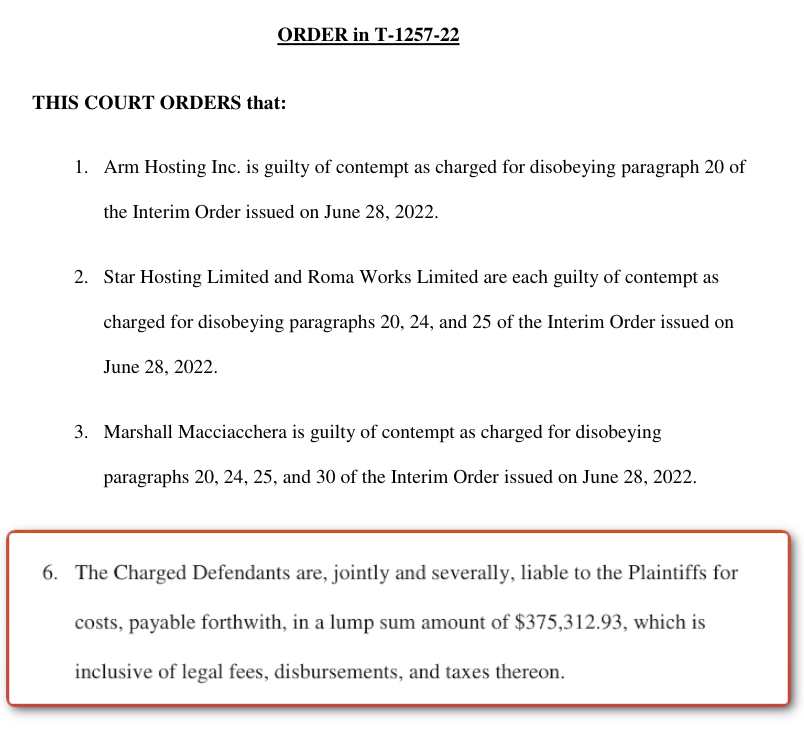
 Manga and anime have become increasingly popular in recent years. These formats originate in Japan, but they are now popular
Manga and anime have become increasingly popular in recent years. These formats originate in Japan, but they are now popular



